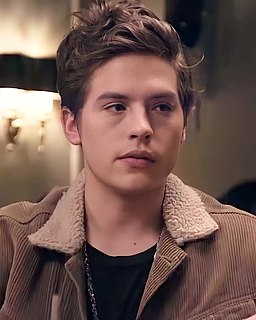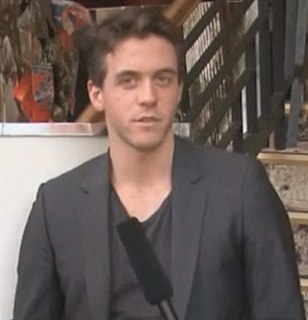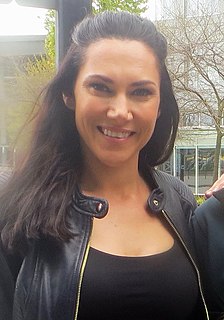A Quote by Asghar Farhadi
I don't have a problem if someone else were to say that one of my characters is a good one and another one is not and is a bad one. I try myself not to have any judgment towards my characters, but certainly the audience might.
Related Quotes
The American horror movies are more moralistic, they have not only good characters, but characters where the ultimate danger is death. What I like about European cinema is they have another sense of what's good, what's bad, and sometimes all the characters are far more complex than just that. It's less binary, the Giallo genre.
Any script, even like The Founder, if it's something that I imagine myself playing this character or that character - any of the characters, basically - how do we flesh these characters out to be good enough to have amazing actors that come in that make it really difficult for them to say no? Even though I'm not right for any of those parts, that's just kind of how we go about it.
I want to try not to repeat myself. But then I seem to do it continuously in my films. It's not something I make any effort to do. I just want to make films that are personal, but interesting to an audience. I feel I get criticized for style over substance, and for details that get in the way of the characters. But every decision I make is how to bring those characters forward.
But, it takes some of the characters to some very dark places, and they start doing things that they might not do, if they were in regular circumstances. Their true humanity comes out - the good and the bad. Something else that was fun was that every director would come in so excited to go with their own creativity.
So the fact that there's someone who's planning what happens to the characters, writing it down, means that the characters always have a fate. And when we think about fate, we tend think of it as the thing we would have if we were literary characters, that is, if there were somebody out there, writing us.





































